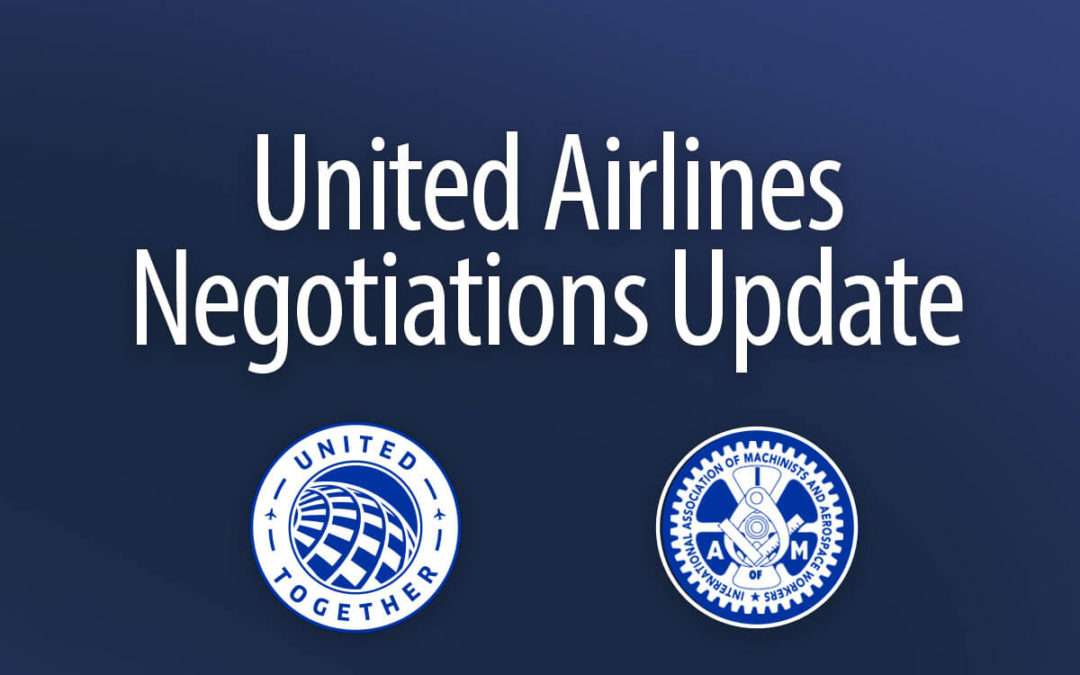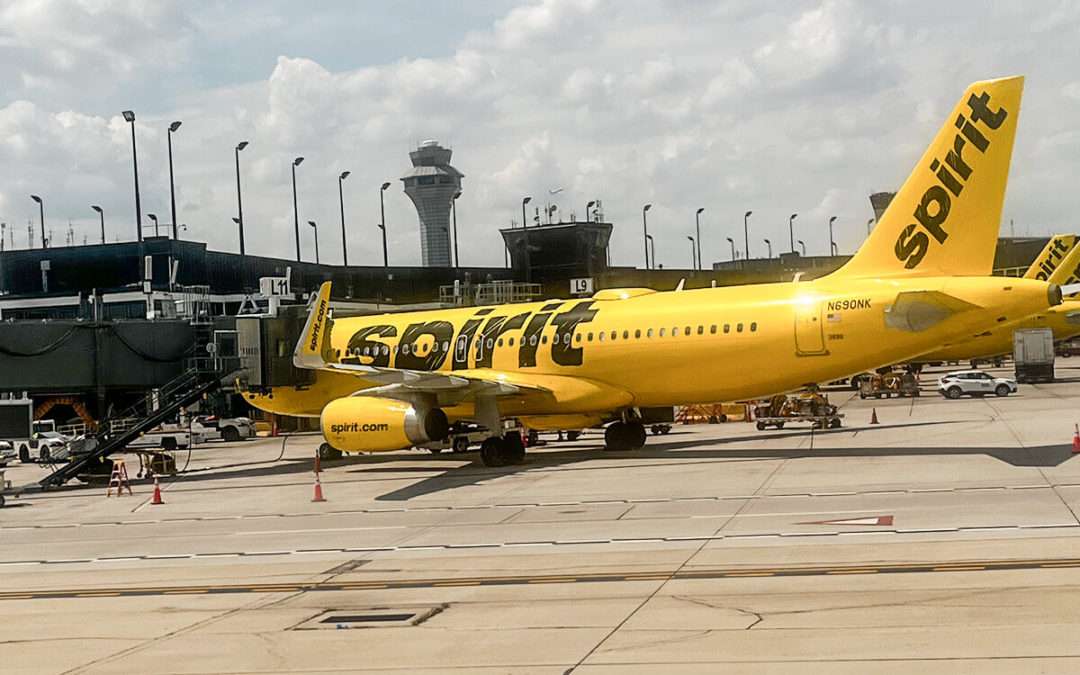
United Contract Negotiation (14 January 2025)

United Contract Negotiations Update
14 January 2025
Dear Sisters and Brothers,
Your IAM District 141 negotiating team met with United Airlines management last week in Houston, Texas to continue discussions on seven collective bargaining agreements. This session focused on the Passenger Service and Fleet contracts.
The team focused on Article 4, addressing important topics for our members, including:
- Shift bidding
- Part-time meal periods
- Enhancing flexibility in trade language to better align with industry standards
While a Tentative Agreement was not reached on these issues, the conversations on these very important topics were positive and productive.
Negotiations will continue the week of February 24, 2025, and will include the Fleet Technical Instructor sub-committee.
IAM Workers Lead the Way.
In Solidarity,
Your Negotiating Committee
Olu Ajetomobi
Joe Bartz
Jill Hazamy
Victor Hernandez
Barb Martin
Terry Stansbury
Faysal Silwany
Erik Stenberg
Sue Weisner


Michael G Klemm
President and Directing General Chair,
District 141,
International Association of Machinists & Aerospace Workers
Recording Secretaries: Please print and post on all IAMAW bulletin Boards.

